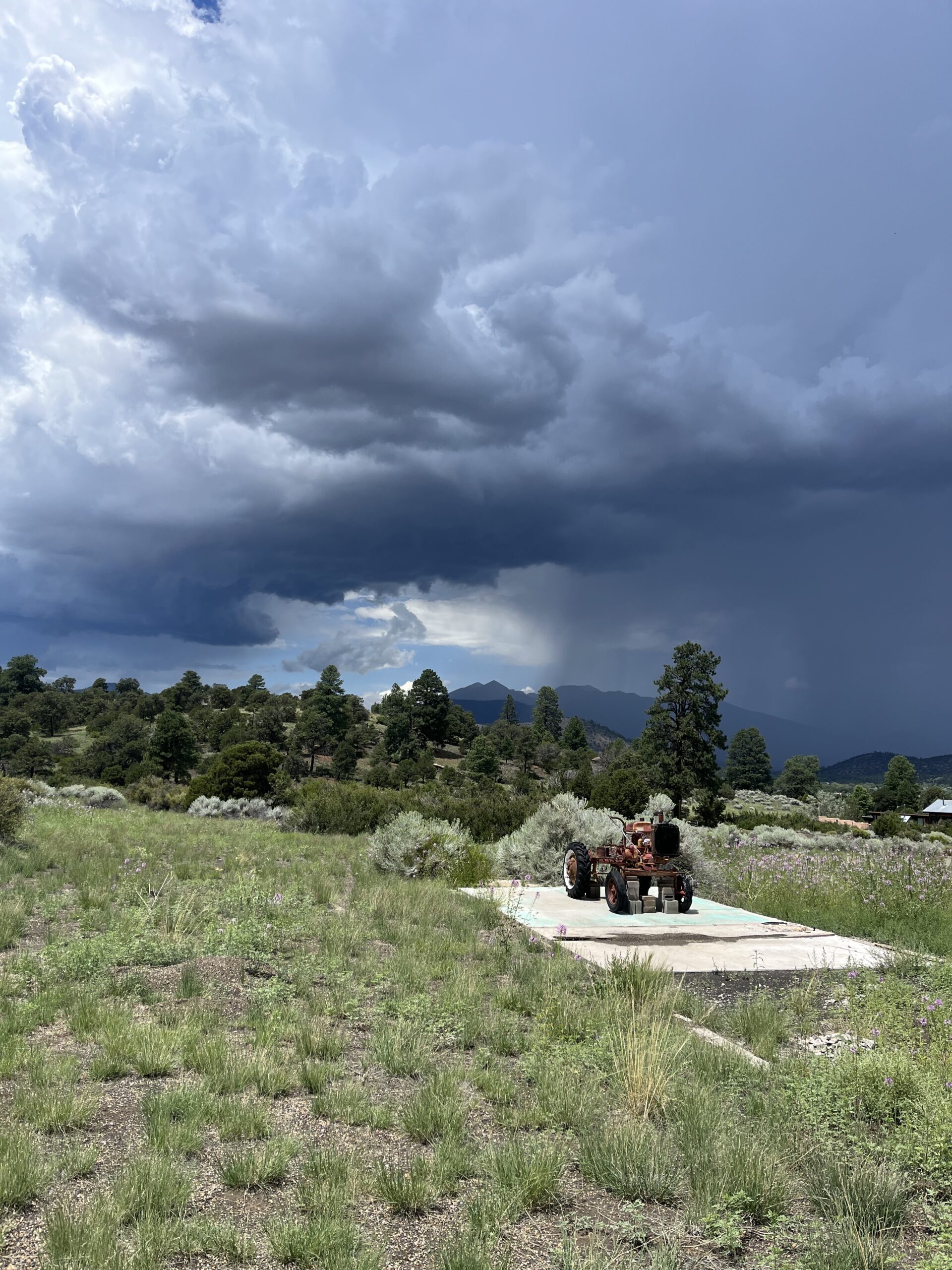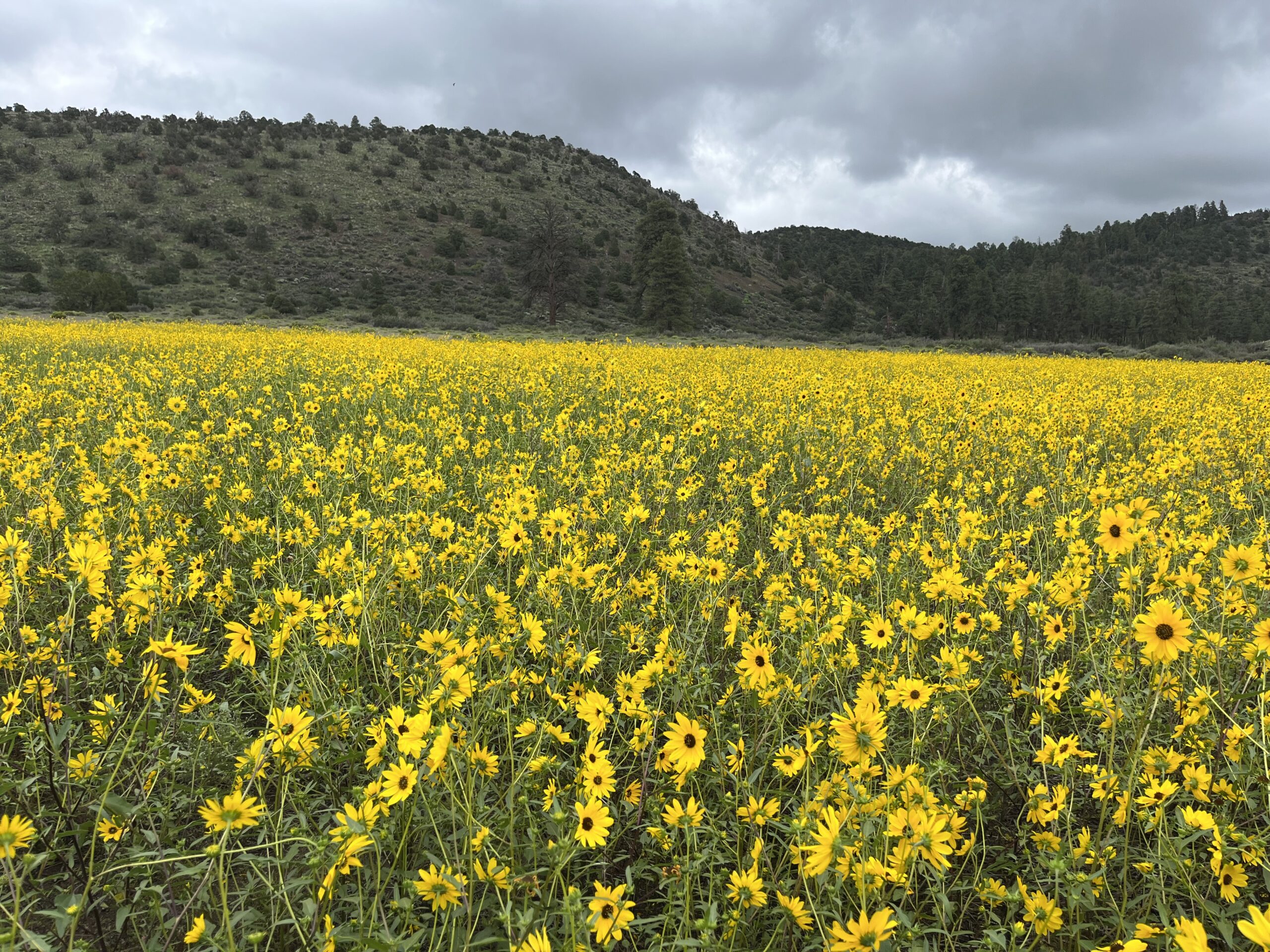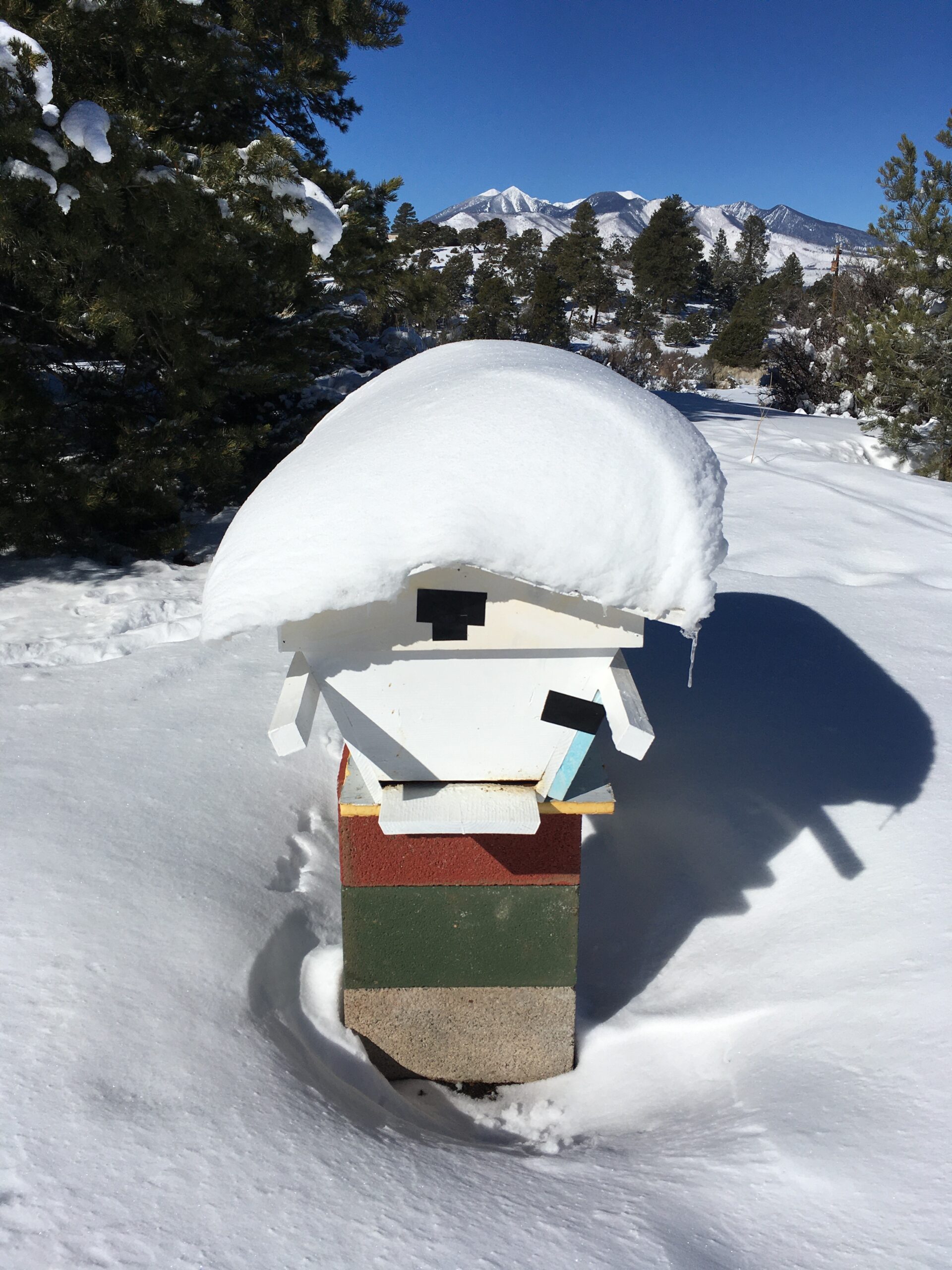When Things Happen
Beekeeping is a specific kind of agriculture called “Apiculture.” Apiculture is a particular kind of agroecology whose Indigenous roots are in Africa and Europe. The honeybee is not Indigenous to the Americas. However, after living here for more than 500 years, she has become “native to this place.” Here in Arizona, all of our wild honeybees are of South Africanized origin. Dr. Warwick Kerr, a Brazilian agricultural engineer, geneticist, and entomologist, brought them from South Africa to Brazil in 1956.


One important lesson that I have learned from the honeybees is that “timing is everything.” To be a skilled and good beekeeper who helps the bees to survive and thrive, often in increasingly harsh, even hostile environmental conditions, you must understand and respect the honeybees’ own distinct rhythms.
During springtime, honeybee colonies expand their populations as the number of flowers in their environment increase. This expansion can be exponential, resulting in the natural sexual reproduction process called “swarming.”
During autumn, it’s the opposite. As the number of flowers decreases, the bees begin contracting. Skilled and experienced organic beekeepers learn how to get in rhythm with the bees. This learning comes from observation, trial and error, and from listening to the bees. Ultimately, all beekeeping is local.
